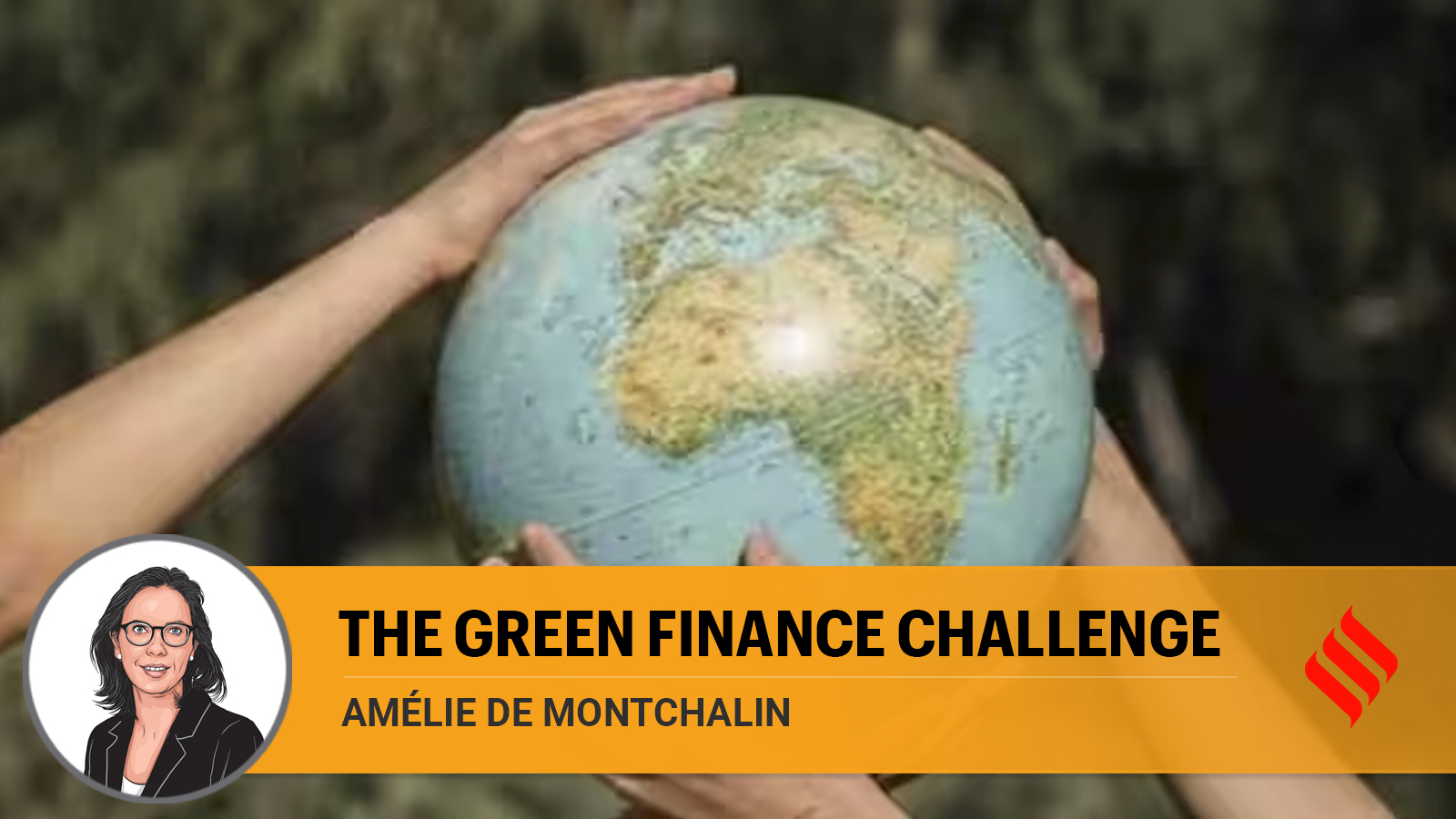October 26, 2023
Paris Pact for People and the Planet: India’s Pioneering Role in Sustainable Finance

Introduction
- The Paris Pact for People and the Planet represents a significant milestone in the global pursuit of sustainable development. In June, over 100 nations convened in Paris with a shared vision: to ensure that no nation is compelled to choose between eradicating poverty and safeguarding the environment. This historic gathering led to the creation of the Paris Pact, a monumental accord shaped by the invaluable contributions of India.
A Transformative Shift in Global Investments
Commitment to Climate Finance
- The debate surrounding developed nations’ commitment to provide USD 100 billion annually for climate finance from 2020 to 2025 has been fervent. Encouragingly, this ambitious target is set to be met by 2023. Notably, France has exceeded its share, contributing a substantial €7.6 billion in 2022 for climate financing. Since 2012, the French Development Agency has invested over €2 billion in sustainable ventures within India, exemplifying a dedicated commitment to environmental sustainability.
India’s Role in the Global Sustainable Financial Landscape
Leadership on Global Platforms
- India assumed a pivotal role by co-chairing the summit for the Paris Pact for People and the Planet. This leadership underscores India’s dedication to driving global efforts towards sustainable finance and development.
Collaborative Endeavors with France
- In partnership with France, India has embarked on initiatives to bridge financial disparities on the global stage. Together, they have championed unity and cooperation in the global financial landscape, demonstrating the potential for collective action in achieving sustainable development goals.
G20 Presidency Influence
- During its G20 Presidency, India spearheaded significant progress in discussions pertaining to sustainable finance. This leadership position enabled India to advocate for policies and strategies that promote financial sustainability on a global scale.
Regional Debt Management
- India collaborated with the Paris Club in addressing debt restructuring in Sri Lanka, exemplifying a commitment to regional stability and economic resilience.
Addressing Debt Challenges in Developing Nations
Enhancing Public Sector Financing
- Recognizing the limitations of public sector financing in addressing global challenges, there is a pressing need to explore alternative avenues for sustainable development financing.
Mitigating Regulatory Impediments
- Post-2008 financial regulations may inadvertently impede the flow of OECD savings towards non-OECD countries. Overcoming these regulatory hurdles is essential for fostering a more inclusive and effective global financial system.
Aligning Finance with Paris Agreement Objectives
- Addressing misunderstandings between developed and developing nations regarding finance alignment with the Paris Agreement’s objectives is crucial for achieving meaningful progress in sustainable finance.
Tackling Debt Vulnerabilities
- Many low- and middle-income countries are navigating unsustainable debt trajectories. Implementing measures to address these vulnerabilities is essential for long-term economic stability.
Proposed Actions to Unlock Private-Sector Funding
Global Climate Fund Review
- Initiating a comprehensive analysis of global vertical climate funds can optimize resource allocation and foster greater cooperation among stakeholders in the climate finance ecosystem.
Expanding the Green Finance Framework
- Further developing the green finance framework is imperative for aligning the financial sector with the goals of the Paris Agreement. This involves leveraging private finance to support low-carbon and resilient pathways globally.
Championing Just Energy Transition Partnerships
- Promoting country-led, multi-actor partnerships, akin to the successful initiatives in Indonesia, Vietnam, South Africa, and Senegal, can attract investments for transitioning away from coal-based electricity production.
Engaging Credit Rating Agencies
- Incorporating credit-rating agencies into the reform agenda of multilateral development banks will ensure that these institutions are not hindered by reforms aimed at enhancing their effectiveness. This involves considering innovative blended finance schemes and utilizing data on defaults to showcase project resilience.
Conclusion
- The global community, with India at the forefront, is making remarkable progress in reshaping the financial landscape to prioritize sustainable development. By harnessing the collective power of both the public and private sectors, and through strategic partnerships such as the collaborative efforts with France, there is genuine hope for a balanced planet where poverty alleviation and environmental preservation coexist harmoniously. The Paris Pact for People and the Planet stands as a testament to the potential for global cooperation in the pursuit of a more sustainable future.
January 30, 2025
January 20, 2025
January 14, 2025
